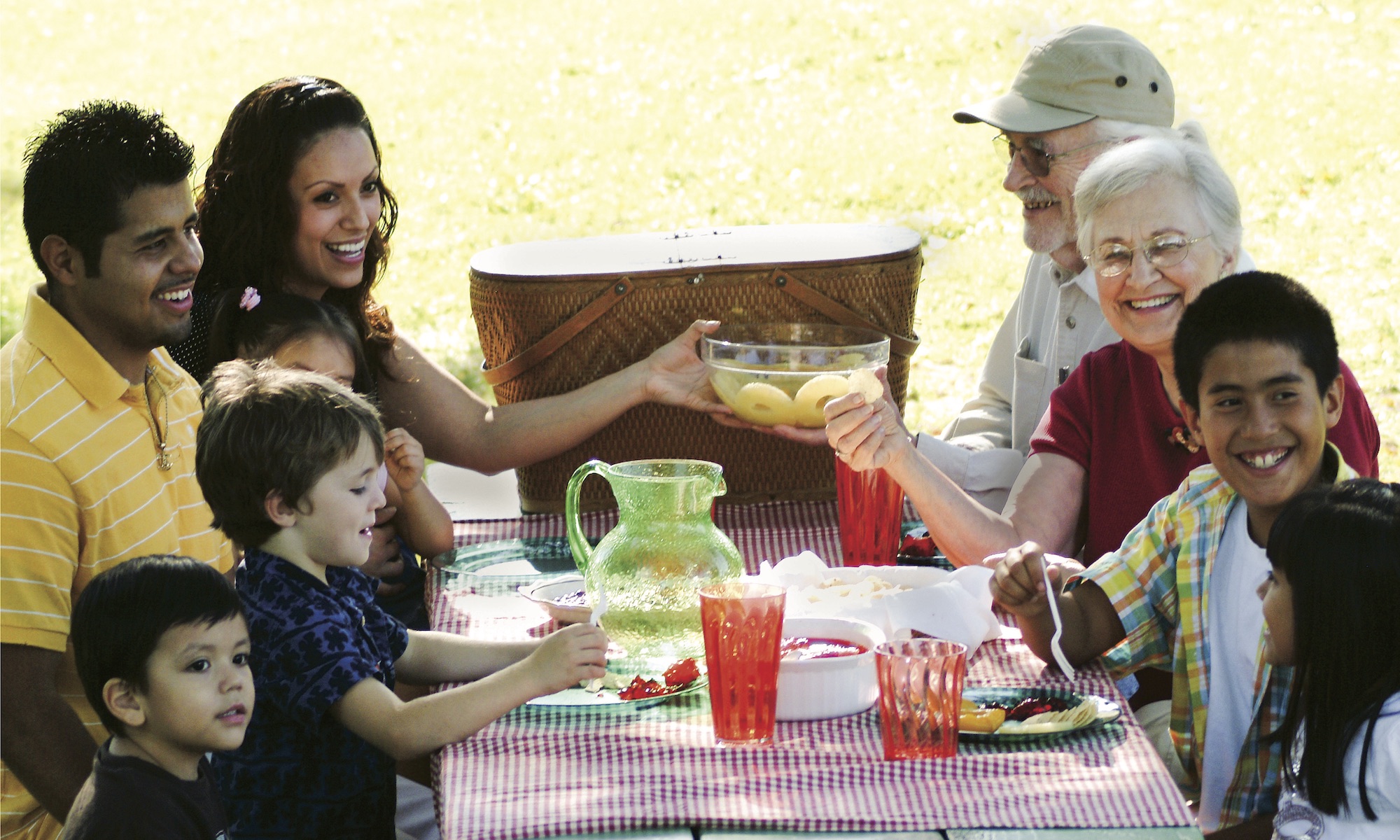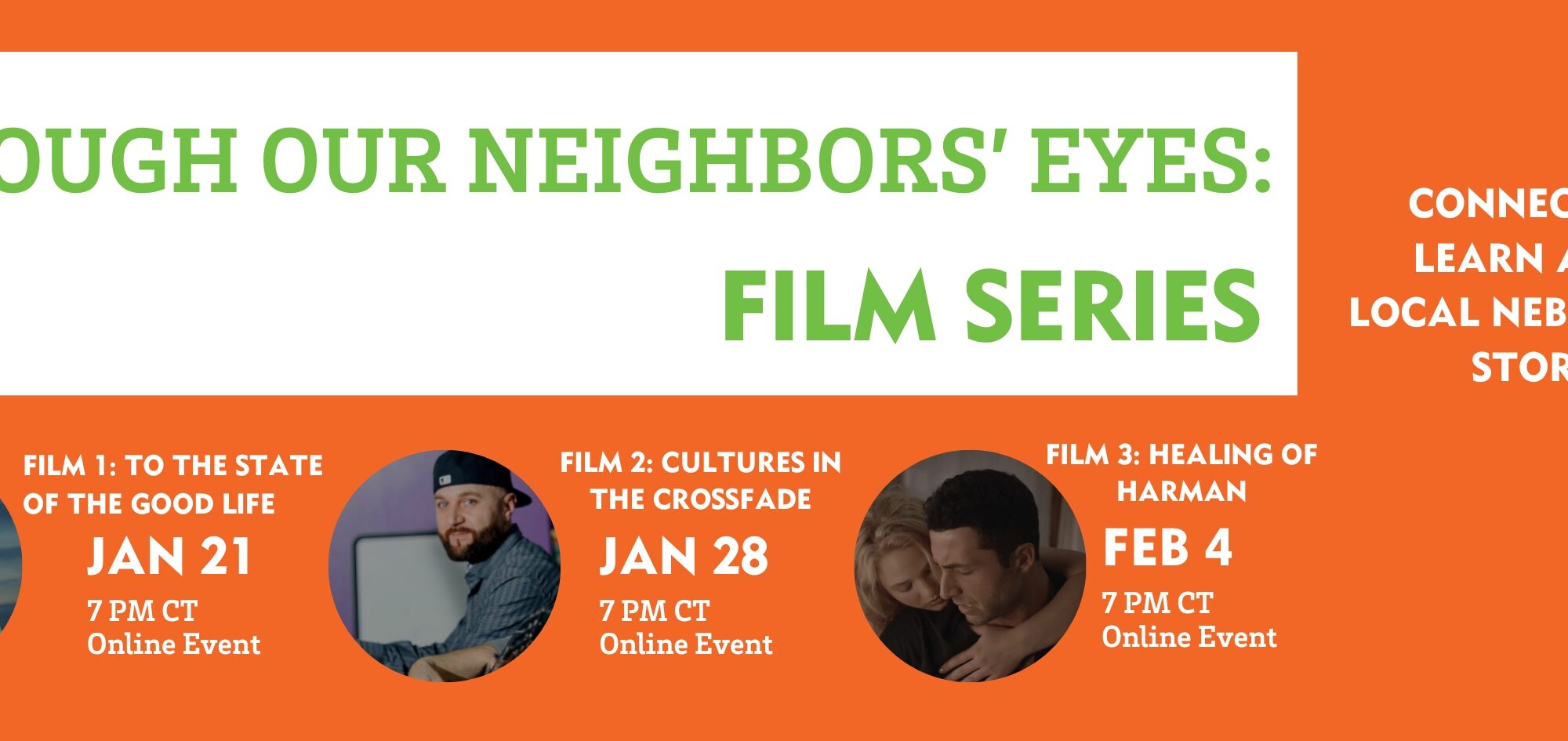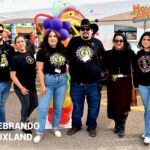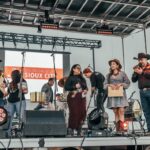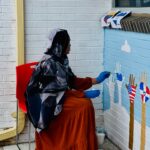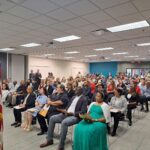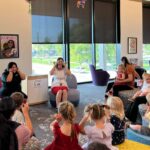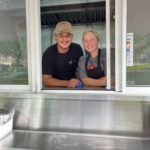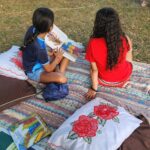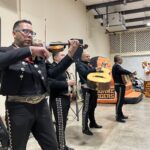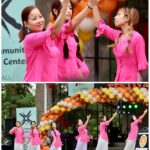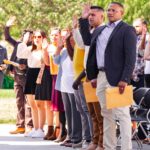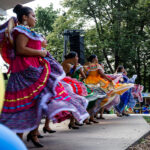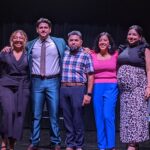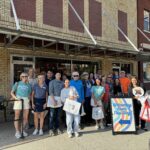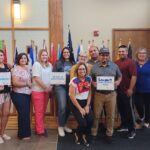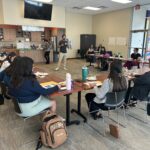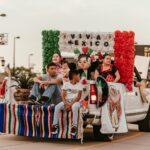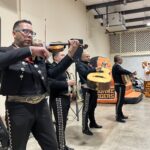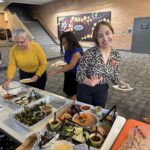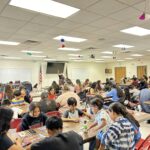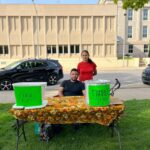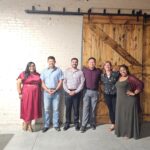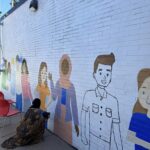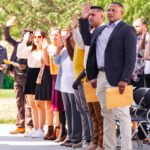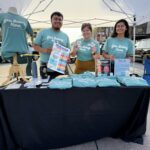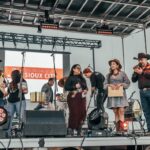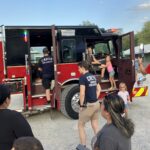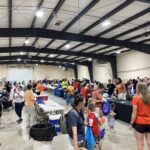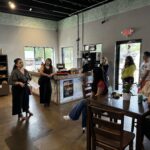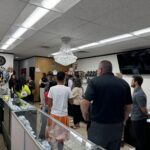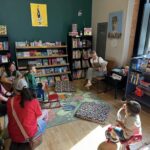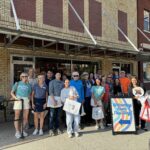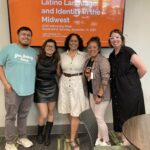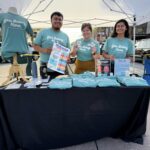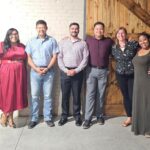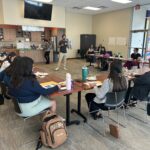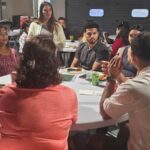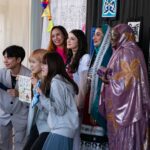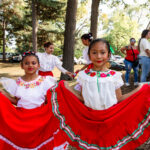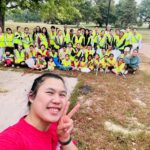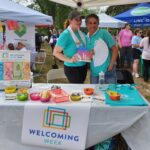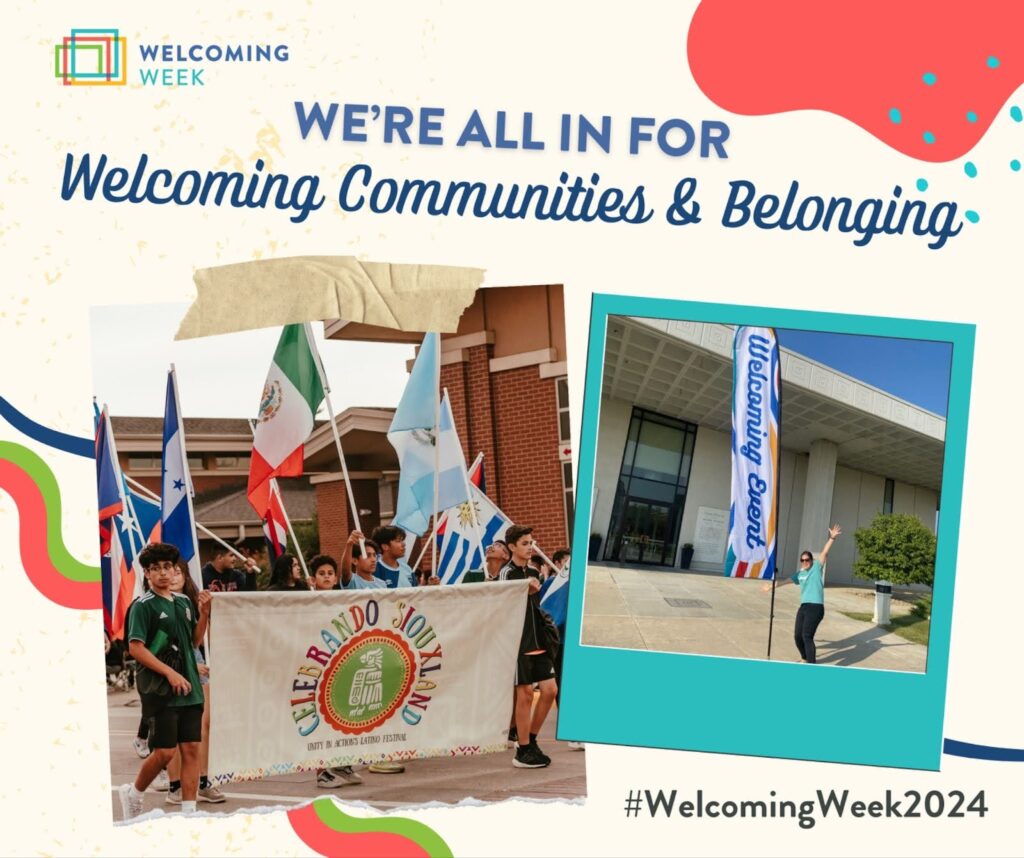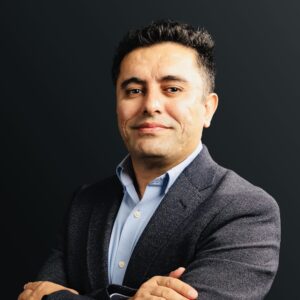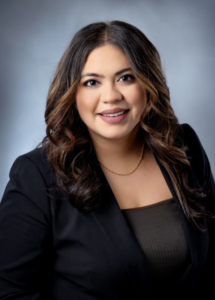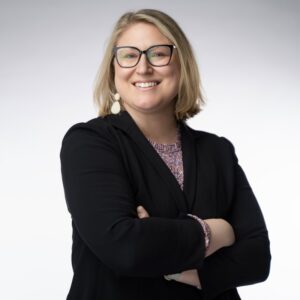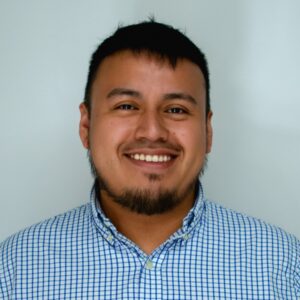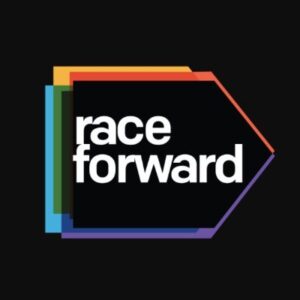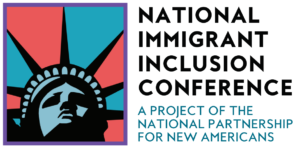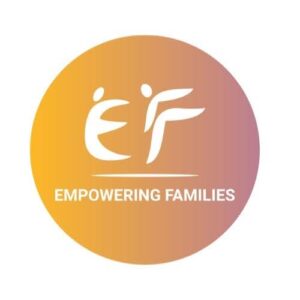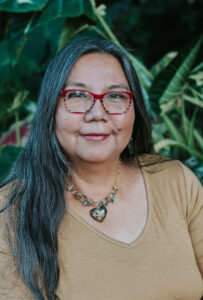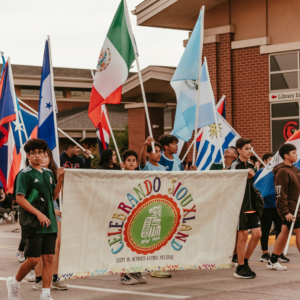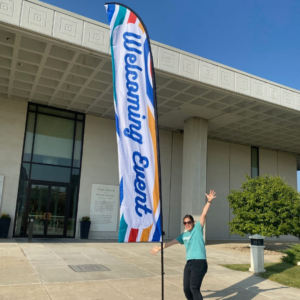Join community leaders from across Nebraska who are fostering inclusive spaces of connection and growth!
The New Year is here – what better way to kick it off than by deepening our understanding of the diverse stories that make Nebraska home?
Join Nebraska Is Home: “Through our Neighbors’ Eyes”, a virtual film series showcasing short films that celebrate the journeys, dreams and experiences of immigrant and refugee neighbors. Together, let’s create spaces for belonging and connection as we step into their stories.
Save the Dates!
These three inspiring films will be followed by insightful discussions with the filmmakers and local Nebraska leaders. Bring your cocoa, settle by the fire (virtual or real!), and join us for a meaningful start to 2025.
Save the dates now and register for the series!

(You can register for the series and attend whichever dates work for you!)
Film Series Schedule:
January 21, 7-8 PM CT (6-7 PM MT)
Film 1: To the State of the Good Life
Discover Raúl Arcos Hawkins’ journey as a DACA recipient and his hopes and challenges as a community leader in Grand Island, NE.
Featuring: Raúl Arcos Hawkins, executive director of the Multicultural Coalition of Grand Island, and Robert William Stevens, storyteller, filmmaker will join us for discussion following the film screening!
January 28, 7-8 PM CT (6-7 PM MT)
Film 2: Cultures in the Crossfade: Lincoln
Explore how local musicians find harmony in Nebraska, mixing cultures and creating new music.
Featuring: Hasan Khalil, musician, barber and community builder and Josh Kun, author, academic and music critic will join us for discussion following the film screening.
February 4, 7-8 PM CT (6-7 PM MT)
Film 3: The Healing of Harman
Follow Harman Doski, a Kurdish refugee, as he navigates hope, faith, and forgiveness in his new life in the U.S.
Featuring: Julie Uribe, writer, will join us for discussion following the film screening.
Please let us know what you need to be able to participate!
We strive to host inclusive, accessible events that allow all participants to engage fully. To request an accommodation or for inquiries about accessibility, please contact Christa Yoakum (402-438-8853 x114, cyoakum@neappleseed.org) or Eric Garcia-Mendez (402-438-8853 x113, egarciamendez@neappleseed.org). We will try our best to accommodate requests.
